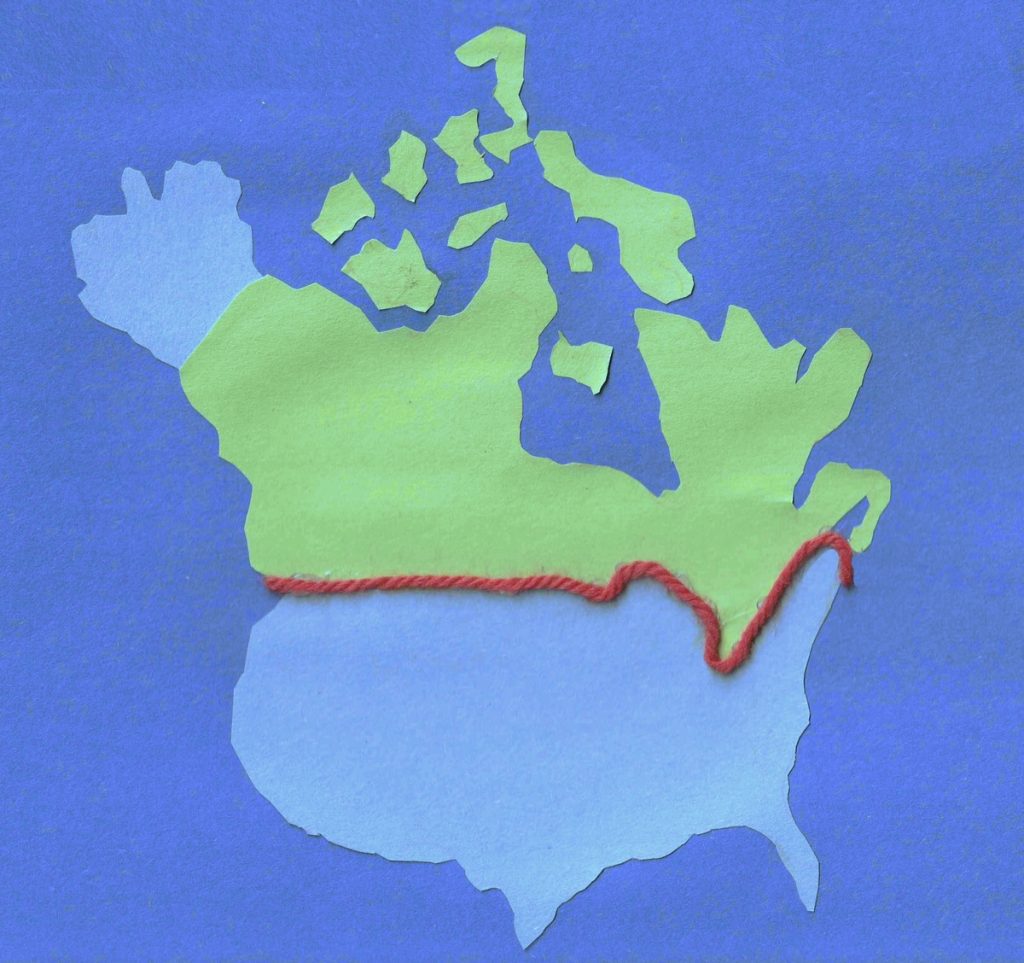On November 8, the United States will open land, sea, and air borders to fully vaccinated travellers.
This works alongside the Public Health Agency of Canada’s July 19 announcement of their plan to ease travel restrictions beginning on September 7, 2021. These regulations permit travellers who have been fully vaccinated with an approved vaccine, for a minimum of 14 days, to enter Canada for non-essential travel.
Travellers will be required to submit their travel information and proof of vaccination to the ArriveCAN app prior to their entrance into Canada, as well as provide a pre-entry molecular COVID-19 test result. They will no longer be required to quarantine or provide a post-entry test result.
“Honestly, not requiring American travellers to quarantine does make me pretty nervous,” said Emily Clancy, who has been a student at UNB for the past 4 years. “We are located so close to the border and I know if things go wrong it’s going to affect our daily lives a lot.”
Many New Brunswickers share this fear as concerns about variant strains of the virus — particularly the Delta variant — become more prevalent. Fully vaccinated people are still at risk of transmitting the Delta variant to others. Although Canada has been trending in the right direction, citizens are encouraged to be responsible, continue to wear a mask, and physically distance when possible as travel restrictions begin to relax. Those who have not yet been vaccinated are encouraged to do so.
Several safety precautions have been implemented to keep Canadians safe as non-essential travel is reintroduced.
Although fully vaccinated travellers are not required to quarantine, they still must submit a quarantine plan. This plan should include a designated place to quarantine in the event that they unexpectedly show symptoms, come into contact with anyone who has tested positive for COVID-19, or are instructed by a border agent to self-isolate.
Transport Canada will also only be permitting international commercial passenger flights to land at the following 10 Canadian airports:
- Montréal-Trudeau International Airport
- Toronto Pearson International Airport
- Calgary International Airport
- Vancouver International Airport
- Halifax Stanfield International Airport
- Québec City Jean Lesage International Airport
- Ottawa Macdonald–Cartier International Airport
- Winnipeg James Armstrong Richardson International Airport
- Edmonton International Airport
“Canadians’ safety and security always comes first,” states Honourable Patty Hajdu, Canada’s Minister of Health. “With rising vaccination rates and fewer cases in Canada, we can begin to safely ease border measures. Canadians have worked hard and sacrificed for each other, and because of that work, we can take these next steps safely.”




